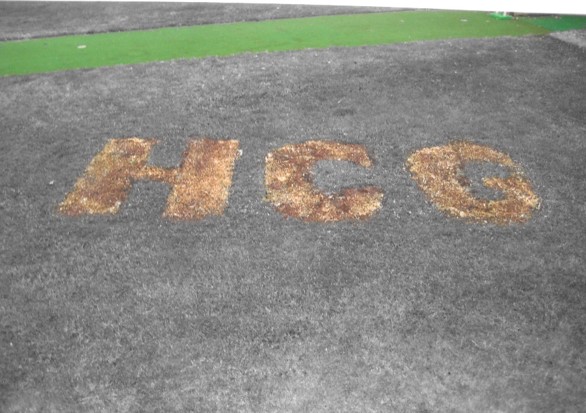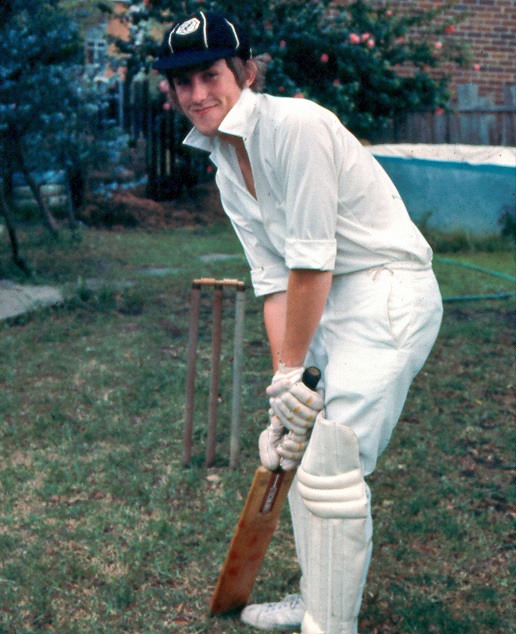I only remember Australian batters like Ian Chappell, Greg Chappell, Allan Border, Steve Waugh, Mark Waugh, Ricky Ponting, Adam Gilchrist, and Michael Clarke all walking off the field relatively quickly after they'd been dismissed.
Of course, they'd have been disappointed and frustrated at not being able to score more runs. It was their job and what they trained so hard to do.
But for whatever reason, they made a mistake, received a good ball, got mixed up on a silly run out or were on the wrong end of a dubious decision; that's cricket. It's part of the game.
What is also part of the game is when your turn to bat has ended, walk off the field quickly as it's now an opportunity for your team mate to take strike and score runs.
This may sound a little obscure, but my reasoning stems from observing the 'slow walk-off' from a couple of the Australian batters after they've been dismissed.
Are they any more disappointed and frustrated than their predecessors? I doubt it.
Hopefully, the 'slow walk off' doesn't become the norm for men, women, boys, and girls in state, premier, club, community, and junior cricket.
As a good mate used to share with the batter who'd just been dismissed, "off you pop."










